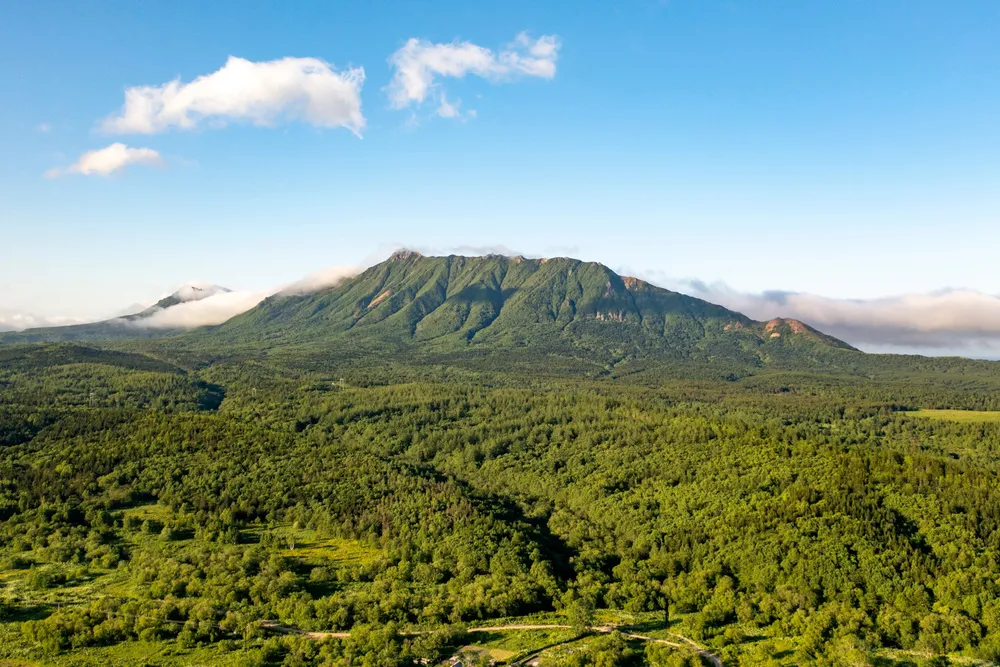Most COP26 results "favourable" to Russia's net zero ambitions, envoy says
Russian forest and nuclear power pleas heard while the country escapes from direct methane reduction and climate finance obligations

Russian forest and nuclear power pleas heard while the country escapes from direct methane reduction and climate finance obligations
